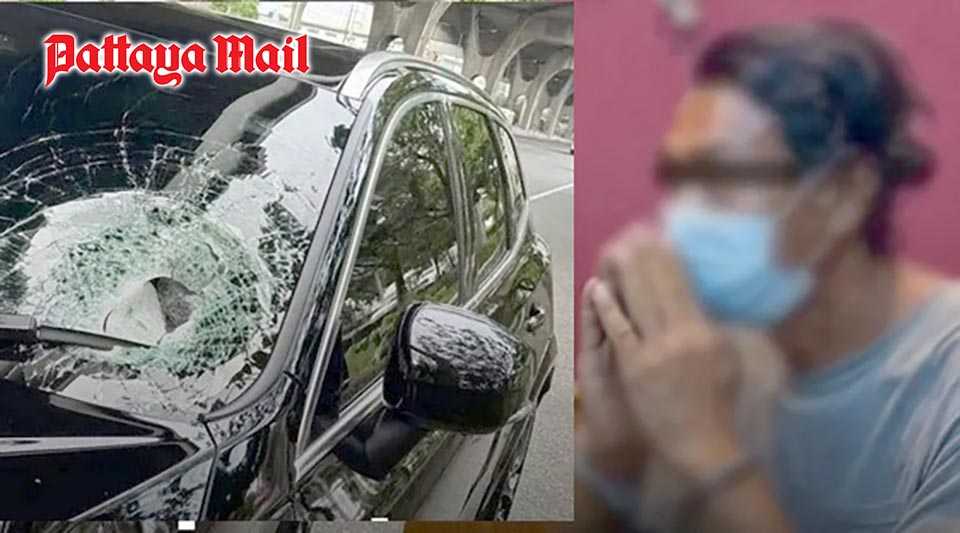Public unmoved by suspect’s apology ‘wai’, demand tougher action for repeat offender
Netizens React – Online commenters express skepticism, saying the traditional gesture should not lessen legal consequences for serious crimes.
PATTAYA, Thailand – In Thai society, the wai—a traditional gesture of respect made by pressing the palms together and bowing slightly—is often used to express apology, especially in public or emotional situations. When a criminal suspect offers a wai to victims or the public, it can be seen as an attempt to show remorse or seek forgiveness, appealing to deep-rooted cultural values of humility and repentance.
However, public reaction to such gestures in serious criminal cases is often mixed. While the wai is culturally respected, many Thais feel it should not be used to deflect responsibility or reduce the severity of punishment. In high-profile or repeated offenses—such as in this case on Bang Na-Trat Road in Bangkok, where the suspect has a long criminal history—the public tends to view the wai as insincere or manipulative. Online commenters and victims commonly express frustration, suggesting that the gesture is meaningless without real accountability or reform.
In such cases, the public usually demands strict legal consequences, urging the police and judicial system to pursue strong charges and deny leniency, regardless of apologies. Especially when public safety is involved—like throwing objects at cars—Thais expect authorities to act decisively to prevent repeat offenses and set a deterrent example.
Ultimately, while the wai remains a powerful symbol of remorse in Thai culture, its use by repeat offenders is often met with skepticism, and many citizens call for justice over sentiment.



